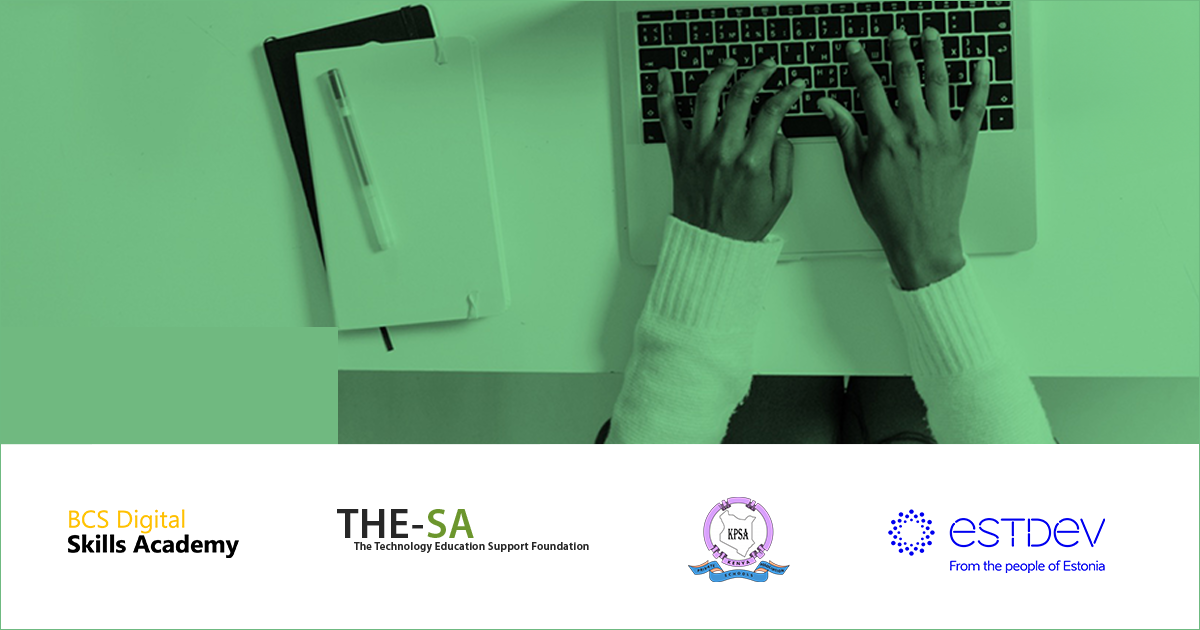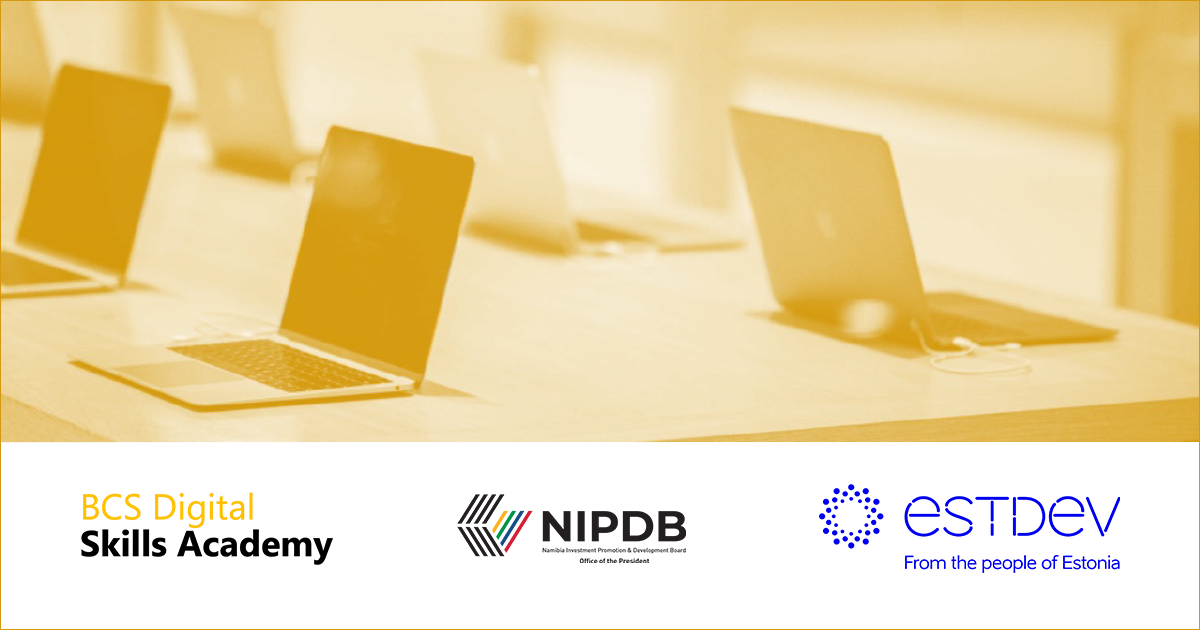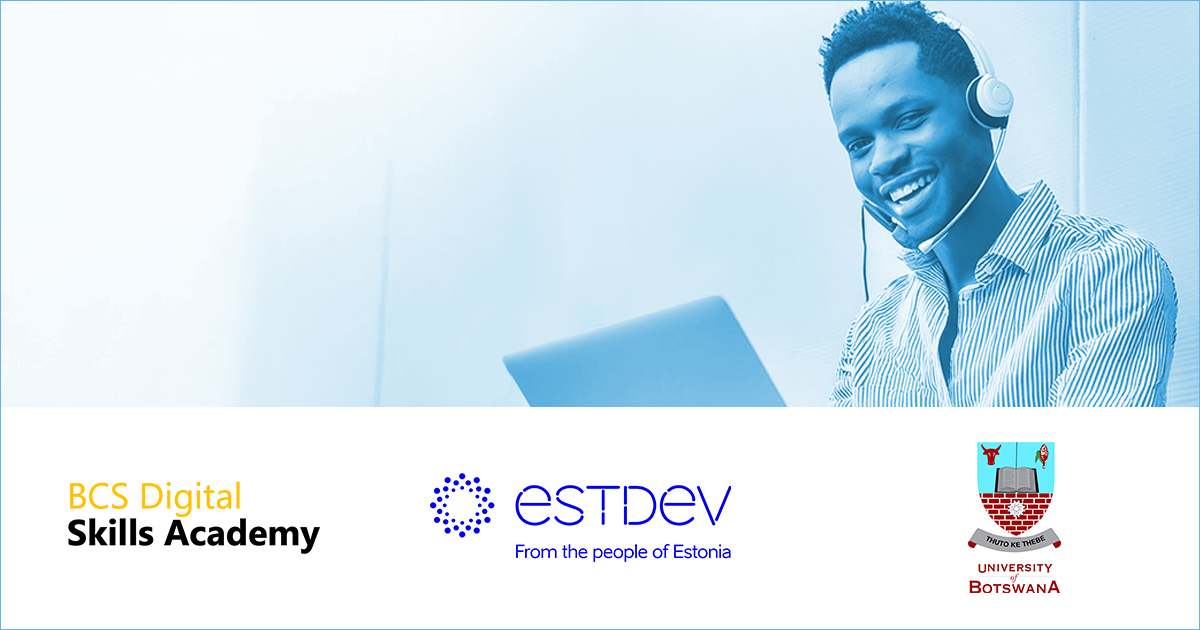Project Overview
The SME Digital Maturity Upskilling and Accelerator Program aims to enhance digital capabilities among key personnel of small and medium enterprises (SMEs) in Botswana. Running from May 1, 2024, to May 31, 2025, this initiative is led by BCS Digital Skills Academy (BCS Koolitus AS) in close partnership with the University of Botswana Innovation Centre (UBIC).
Project Activities
The project unfolds in several stages. Initially, from May to October 2024, the focus will be on developing competence profiles for SME digital leaders and defining the necessary learning outcomes to create a comprehensive curriculum. Following this, from August to December 2024, the project will design two key programs: an 8-day training program tailored for company managers and a more extensive 3 to 6-month accelerator program for company teams. These programs will include detailed time and activity plans featuring theoretical lessons, practical tasks, discussions, and debates.
From November 2024 to April 2025, the project will concentrate on developing educational materials, including instructional guides and slide materials, along with AI-generated video lectures for the main theoretical modules. The final stage, occurring between April and May 2025, involves pilot testing these programs and materials, as well as conducting train-the-trainer seminars to ensure the program’s sustainability and effectiveness.




